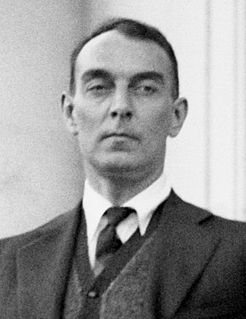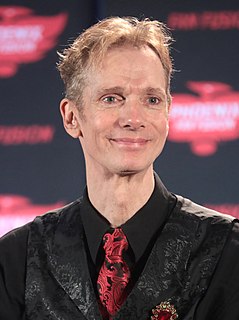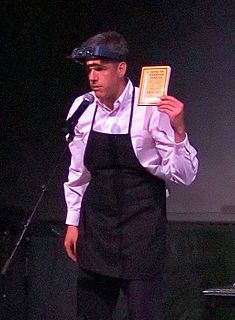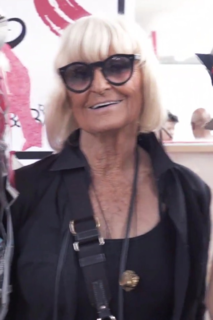A Quote by Laeta Kalogridis
I've taken a number of creative leaps, and some of them worked, and some of them didn't, but I don't regret any of them because you can't possibly get to the ones that work without the ones that don't.
Related Quotes
Some like them hot,some like them cold. Some like them when they're not to darn old Some like them fat,some like them lean. Some like them only at sweet sixteen. Some like them dark,some like them light. Some like them in the park,late at night. Some like them fickle,some like them true, But the time I like them is when they're like you
I worked with creative people who were very demanding of me, and they helped me reach performances that I never could have gotten on my own without being pushed and having trust in them. And so I know the best way to get the best performance of an actor, and that's not to coddle them or to baby them. It's to help them; it's to push them.
I'm always intrigued by authors who say, 'This book took 17 drafts.' They're very clear about it. I couldn't possibly count the number of times... So many of these stories I worked on for a very long time and wrote them, set them aside, rewrote them, worked on something else - they were never far from reach; they informed each other.
Any working cartoonist will tell you this, anybody who's working in a creative field: at some point, it's a job. You have deadlines. I think, for over a year, I refused to make them for publications, because I only wanted to make them when I wanted to make them. But at some point, I was like, "This is crazy, you have an opportunity to be a professional cartoonist.
There's no regret. You can't regret. I mean, I've felt regret but I've also refused to allow regret to sow a seed and live in me because I don't believe it. You feel it, it's like guilt, it's like jealousy, it's like all those horrible things. You've just got to snip them and get them out, because they're no good.
What haunted people even, perhaps especially, on their deathbed? What chased them, tortured them and brought some of them to their knees? And [he] thought he had the answer. Regret. Regret for things said, things done, and things not done. Regret for the people they might have been. And failed to be.
I have always argued that we can't live by or be made to exist outside of mythology, and that every group and nation has, possibly unacknowledged to themselves, some myths by which they live. It remains important to revisit them, understand them and possibly retell them - or at least own up to them - and then it becomes possible to move something. If it's obscure or invisible to you, you can't budge those understandings.
And there certainly could be a softening, because we're not looking to hurt people.If you have somebody that has been in the country for 20 years, has done a great job, has a job, everything else, OK, do we tell these people to get out, number one? Or, do we work with them and let them stay in some form?




































